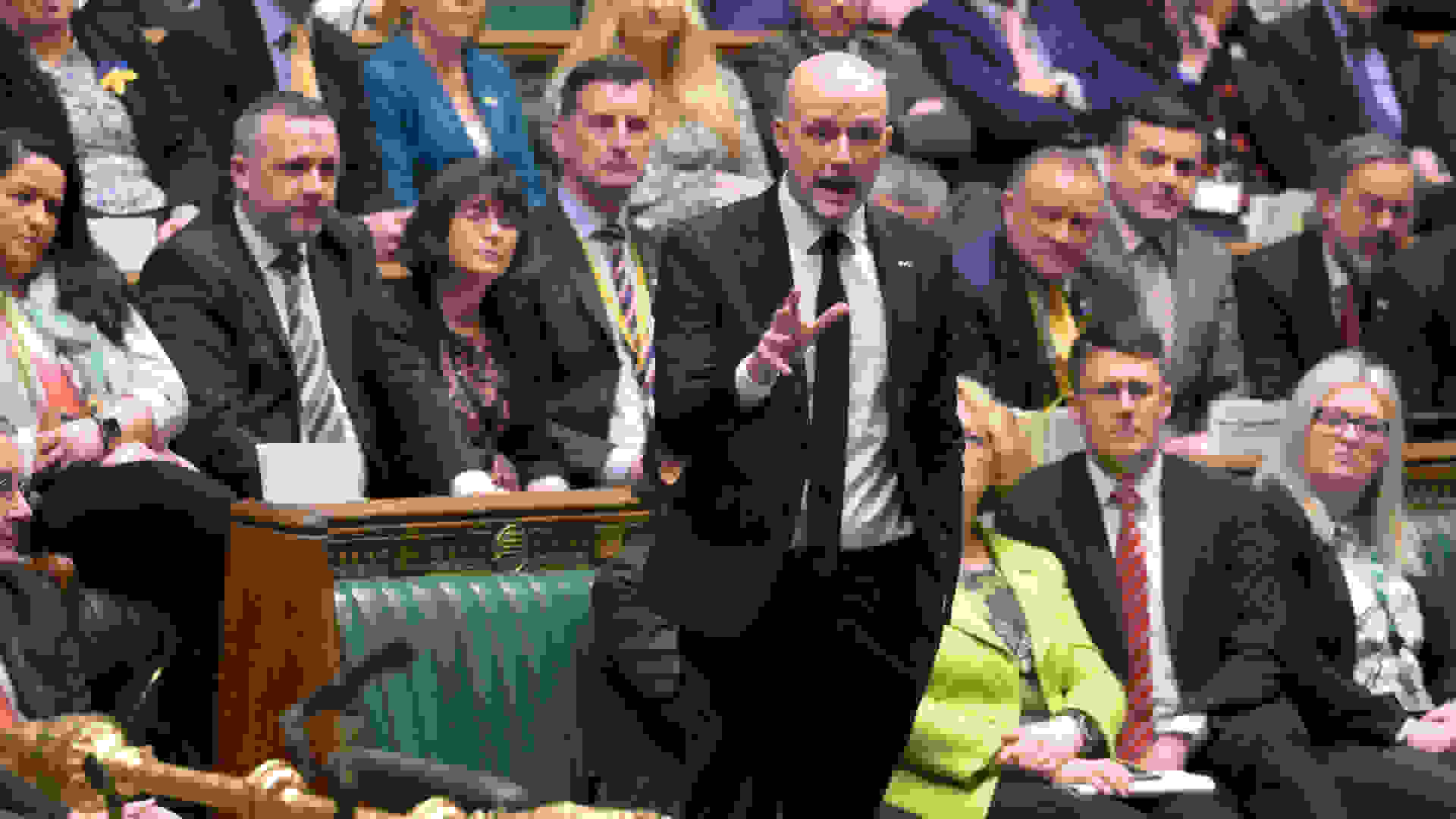News / Parliament Matters Bulletin: What’s coming up in Parliament this week? 26-30 January 2026
MPs will debate the Armed Forces Bill, the Finance Bill, and the Railways Bills and legislation to prioritise UK medical students for training places will be fast-tracked through all its Commons stages in one day. Cabinet members Rachel Reeves, Pat McFadden and Peter Kyle will face oral questions. The Conservatives will select the subject of Wednesday’s Opposition Day debate. In the Lords, the Children’s Wellbeing and Schools Bill, Crime and Policing Bill, Pension Schemes Bill, English Devolution Bill, and Assisted Dying Bill will make further progress, and Peers will debate a UK–EU customs union. Both Houses will mark Holocaust Memorial Day. The Defence Secretary, the Security Minister and the Prime Minister’s Chief Secretary face Select Committee hearings. Committees will also take evidence on digital ID and the UK’s relationship with the United States.



